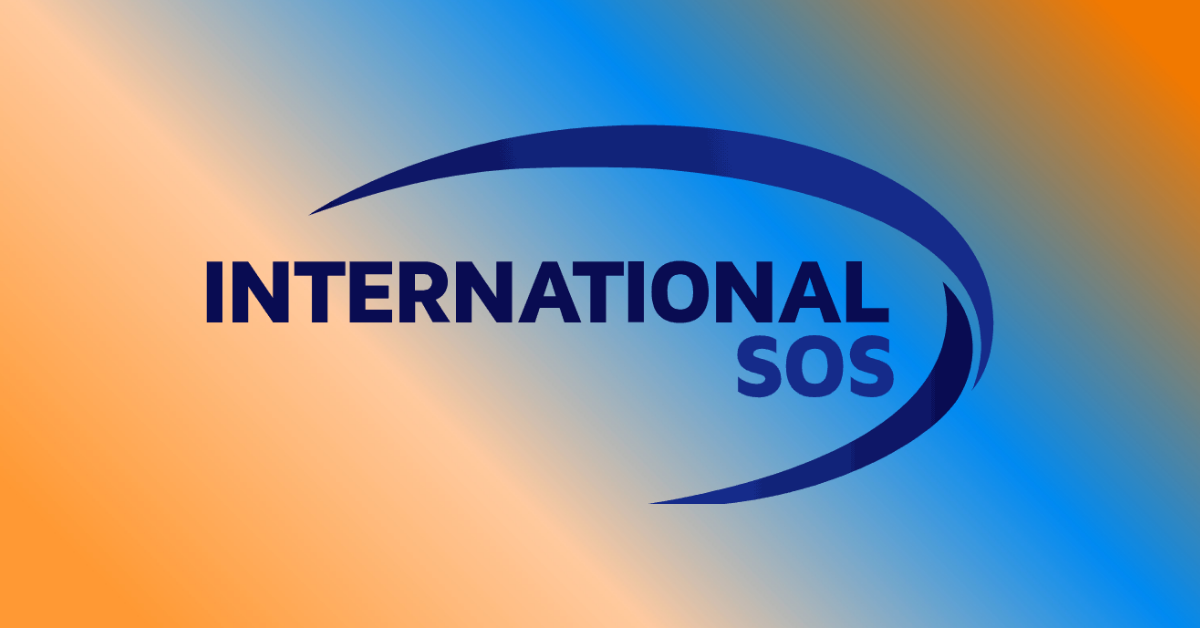As businesses in Southeast Asia strive to maintain sustainable and resilient operations amid the ongoing COVID-19 pandemic, International SOS has raised concerns about the potential risks posed by natural calamities during the upcoming typhoon season.
According to International SOS’ World Risk Index 2022, an annual report that evaluates disaster risks for 193 countries, the Philippines has ranked first in terms of the highest disaster risk globally (followed by India and Indonesia). The geographical location of the Philippines in the Pacific Ring of Fire makes it highly susceptible to major earthquakes and typhoons.
“Companies must have adequate plans and procedures that are tailored to the needs of their varied workforce. It is advisable that these plans be tested on a regular basis and adjusted as necessary with every encounter with a natural calamity to withstand disruption from multiple concurrent crises. The regularity of typhoons, floods, and earthquakes in the Philippines is an indicator that these natural hazards can be prepared for in advance,” according to Robert Villamor, CSP, Security Manager for Asia at International SOS Philippines.
To assist businesses in preparing for these challenges, International SOS experts have shared several recommendations:
- Provide security awareness training to management and staff on the ground.
Besides ensuring access to accurate and timely information about the on-ground environment, organizations need to educate and equip their workforce with the necessary tools to mitigate their exposure to the identified security risks identified. This includes developing online courses on risk assessment, natural calamity preparedness, and personal health and security, to ensure that their on-the-ground workforce knows the best course of action to take, should a security concern arise in their vicinity.
- Develop appropriate responses to civil unrest and demonstrations.
In many countries like India, Myanmar, Indonesia, and the Philippines, insurgencies and social protests are often ethnically driven or politically motivated. Businesses should focus on how these volatilities could affect their operations and mitigate these threats.
- Review existing response capacities to natural disasters.
Organizations must be prepared to track and ensure the safety of their workforce in affected locations, suspend operations at and travel to at-risk locations, and prepare contingency plans for disruptions to power and communications. The workforce should also be educated on the necessary supplies required for sheltering or evacuations from typhoons or cyclones, particularly food, water, personal protective equipment (PPE), sanitizer, and disinfectants.
- Prepare medical assistance and support whenever needed.
Organizations must ensure that offices have sufficient medical kits available for emergency situations and identify employees that are trained to provide first aid support if necessary.
- Revisit existing plans and protocols for your traveling population.
The Risk Outlook 2023 reported that while international travel is now at 83% of pre-COVID volumes, travelers want more support from their organization with their trips and are twice as likely to call for advice and assistance.
Recognizing that businesses do not face these challenges alone, International SOS, leveraging its medical and security expertise, as well as a global assistance network, stands ready to help mitigate risks arising from multiple crises. By offering flexible and safe solutions, International SOS aims to strengthen the overall resilience, business continuity, and sustainability of companies and their workforce during these uncertain times.
“It is crucial for companies to update their crisis management plans to account for the potential escalation of a natural hazard to a medical incident. In the aftermath of tropical storms and typhoons, extensive flooding can spread infectious diseases. This is especially concerning as healthcare access in impacted areas may be challenging. Thus, individuals with chronic illnesses requiring medical attention are advised to keep a two-week supply of prescribed medications on hand,” said Dr. David Teo, Regional Medical Director at International SOS.
As Southeast Asia enters the typhoon season, businesses must remain vigilant and prepared for the potential risks of natural disasters. With the guidance and support of organizations like International SOS, companies can navigate through these challenges and ensure the safety and well-being of their employees while maintaining their operations.


